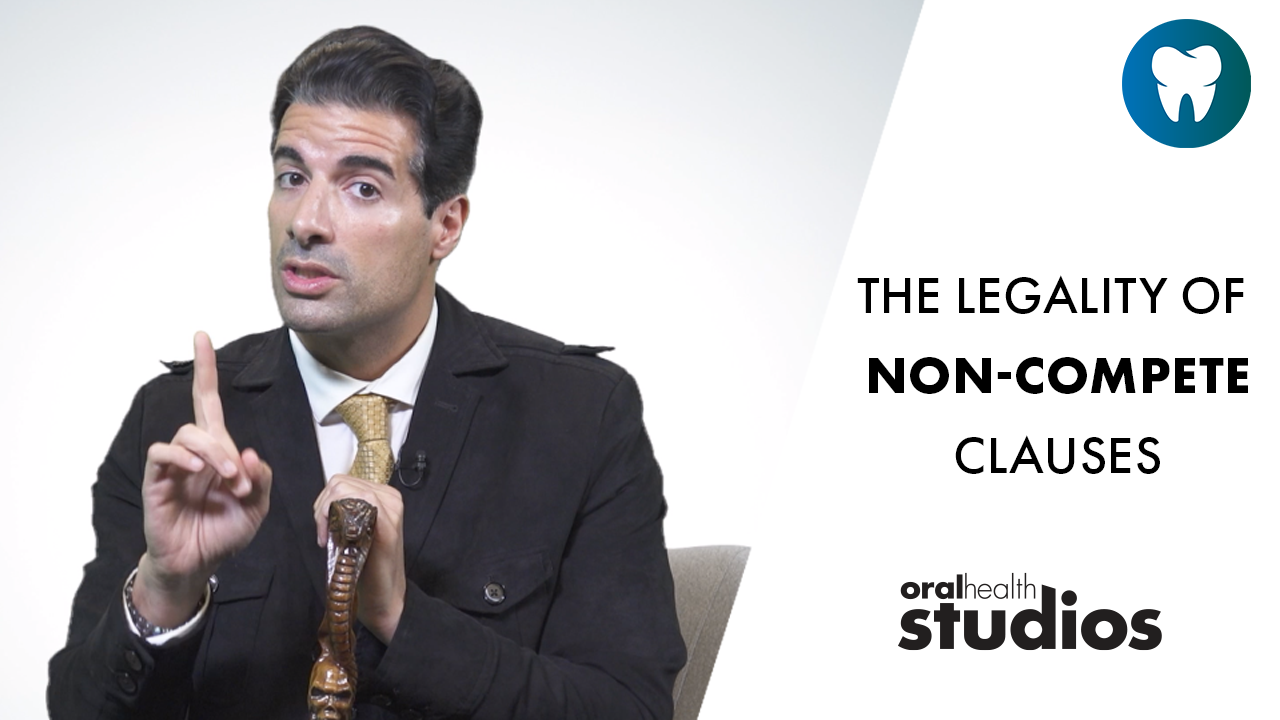“Dear Sir or Madam”, the handwritten note began. (My photo can’t be that obtuse)
“I am a practicing dentist in Ontario who needs your advice regarding estate planning and the writing of wills. I know that today we generally live longer and healthier but you never know. As business owners, have we prepared for our staff and family members to carry on?”
It was signed simply, Dr. T.S.
Well, Dr. T.S., I am neither a dentist nor a lawyer so the first order of business would be to suggest you speak to a practice transition specialist, many of the best in Canada write for Dental Practice Management, in concert with an estate planning attorney.
Estate planning is the process of providing for the orderly transfer of your assets to your chosen beneficiaries; making sure that your estate is distributed the way you want it to be. While the idea of your own mortality may seem intimidating or unpleasant, it is essential to provide for the well-being of your family members in the event of your death. Good time to mention I am also not a banker.
In Canada, there are three basic documents that form the foundation of an estate plan: a will, an enduring power of attorney and a personal directive. Estate planning can involve wills, powers of attorney, inter vivos trusts, testamentary trusts, living wills, life insurance, critical illness insurance, long-term care insurance, registration of assets in joint ownership, tax planning and business succession planning.
You will die one day. A sobering thought to be sure.
In Dental Practice Transition, Dunning and Lange answer the question, how will you pass along your assets to your loved ones? Basically it can be done in one of three ways.
1. Attach a beneficiary or transfer on death statement to everything you own.
2. Use a will. Upon your death the executor will distribute your assets as per your instructions. Probate court may be involved…the cost to probate can be substantial.
3. Use a trust. If you have considerable assets, a trust is probably best for you. It can shelter your loved ones from paying taxes needlessly. Best of all, one need not die for the trust to be activated. Professional guidance is very important.
Do your beneficiaries know how to reach your financial contacts like lawyers, accountants, financial advisers, stockbrokers or life insurance agents? If you have made changes to some of these advisers make sure your executors or beneficiaries know.
You will invest thousands of hours building your estate. How many hours will you invest preserving it? Purtzki & Associates chartered accountants offers this list of critical questions to help you review your estate plan:
Do you have a will? Has it been reviewed in the past three years?
Does your will provide for a guardian for your children in the event of your death?
Have you recently been married or divorced?
Has anything changed significantly in the lives of your beneficiaries?
Is your executor or trustee still healthy and living in the area?
Is your life insurance adequate for both you and your business interests?
Have you inherited any valuable assets lately?
Have you considered establishing a trust for your children?
Have you considered gifting any assets to your children?
Have you recently purchased property in another country?
Are you considering leaving any of your assets to charity?
Have you provided a source of income for your spouse in the event of your death?
Are you sure your estate plan is up to date?
Dr. T.S., the message here is to seek professional help.
We all have a legacy to leave. What is your exit strategy? DPM









